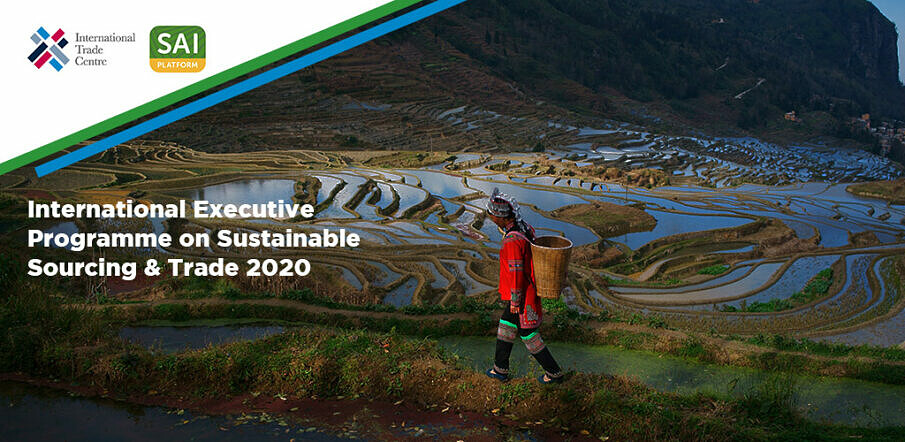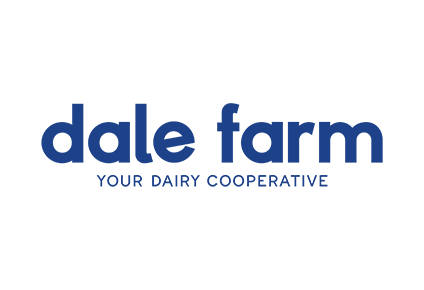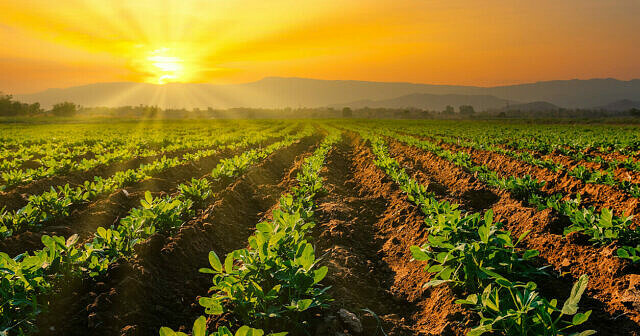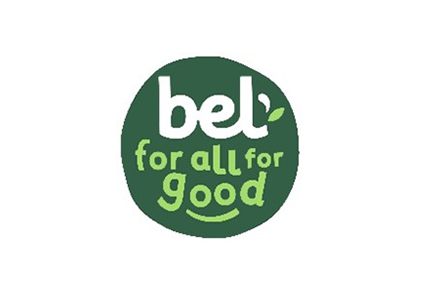Advancing sustainability learning through the International Executive Programme
30th November 2020

The second edition of the International Executive Programme on Sustainable Sourcing & Trade (IEP), has come to a successful conclusion.
Led by the International Trade Centre (ITC) with support from SAI Platform, we organised an entirely online programme between 13th October and 3rd November covering four modules facilitated each week by a different university partner: BFH – Bern University of Applied Sciences, Cambridge Institute for Sustainability Leadership (CISL), Cranfield University, HEC Lausanne, and ISAE Business School.
“For the 2020 edition of our International Executive Programme marked by the coronavirus pandemic, we wanted to offer an interactive learning experience to stimulate debate. The programme took place on a multi-purpose platform that also gave access to sessions’ recordings, videos and related resources.” commented Mathieu Lamolle, Senior Advisor, ITC.
This year’s edition brought together 75 professionals from around the world and from diverse backgrounds including sustainability, procurement, marketing and branding. Each of the four modules was designed around specific themes offering alternative perspectives and generating strong interest and discussion.
“The topics of the IEP were really well presented and the idea of having panellists coming from different backgrounds like private sector, academy, etc., was of great help, as it allowed the opportunity to convey important messages from different perspectives.”
Francesca Pellis, Senior Coffee Buyer, illycaffè
In the first module, an overview on megatrends impacting sustainable supply chains was presented by speakers Jason Clay (WWF and SAI Platform’s Advisory Council member) and Prof. Wayne Visser (Antwerp Management School and Kaleidoscope Futures).
The main topic of the second module focused on applied regenerative agriculture. It featured speakers: Felipe Villela (ReNature), Bastien Sachet and Gaëtan Jestin (Earthworm), Olivier Marchand (Nestlé), Flore Auge (Danone), as well as farmers Frédéric Thomas and Charlotte Curtis who shared their different practices and approaches to regenerative agriculture.
For the third module, participants received an outline of tools to improve yield, efficiency, and profitability, including a presentation of SAI Platform’s industry solutions i.e. the Farm Sustainability Assessment (FSA), the European Roundtable for Beef sustainability (ERBS) and the Sustainable Dairy Partnership (SDP) along with other tools presented by Prof. Blumberg (Ben Gurion University), Mahmoud Al Sayd (Go On Associated), and Rina Fainstein (Nogaplus).
The fourth and final module was dedicated to the importance of engaging with multiple stakeholders to catalyse change. Speakers included Dr. Gemma Cranston (CISL and SAI Platform’s Advisory Council member) and Dr. Ingrid Fromm (BFH).
“I really enjoyed attending the International Executive Programme. The speakers were excellent and provoked interesting conversations. The topics were relevant and practically focused for anyone wanting to learn more about sustainable sourcing. Although I have worked in the area for many years, I found the programme stimulating with lots of great content which I can take away and apply in my role.”
Dave Fitzgerald, Head of Responsible Sourcing Europe, Kellogg
“I think the International Executive Programme was excellent, it provided me with so much learning and useful insights to apply in my job. It was also very good to get a chance to discuss with people in the sustainable sourcing space about many different topics and hear the thoughts of multiple experts.”
Rocio Torres, At Source (Sustainable Sourcing) Manager, Olam
A new element introduced this year was the Peer Learning Groups (PLG), where participants had the opportunity to take a deep dive into a specific sub-theme related to the topics of the four modules relevant to their company and their work.
Sub-themes discussed in the PLG included reforestation and carbon capture; applied regenerative agriculture; climate adaptation and mitigation; true cost methodology; blockchain in sustainable sourcing; sustainability standards, code of conduct and certification; making the business case for sustainable agriculture; and landscape initiatives.
“The group helped me to process the information we had been given. Blockchain is a very interesting area and I was fortunate to have some very knowledgeable peers to work with in my session which was challenging and motivating at the same time.”
Jonathan Calland, Head of Sustainability & External Affairs, Tilda
Participants received a certificate from ITC and SAI Platform upon completion of the four modules, active participation and the submission of a final project assignment supported by a leading mentor.
The success of this year’s edition was also demonstrated by the considerable number of requests to join the IEP, far more than capacity allowed. For those who were not able to join this year, they can apply again next year. This great interest is an important stimulus for both ITC and SAI Platform to continuously improve to make an even more successful and relevant edition next year.
Stay tuned to receive updates on the next edition of our International Executive Programme!


